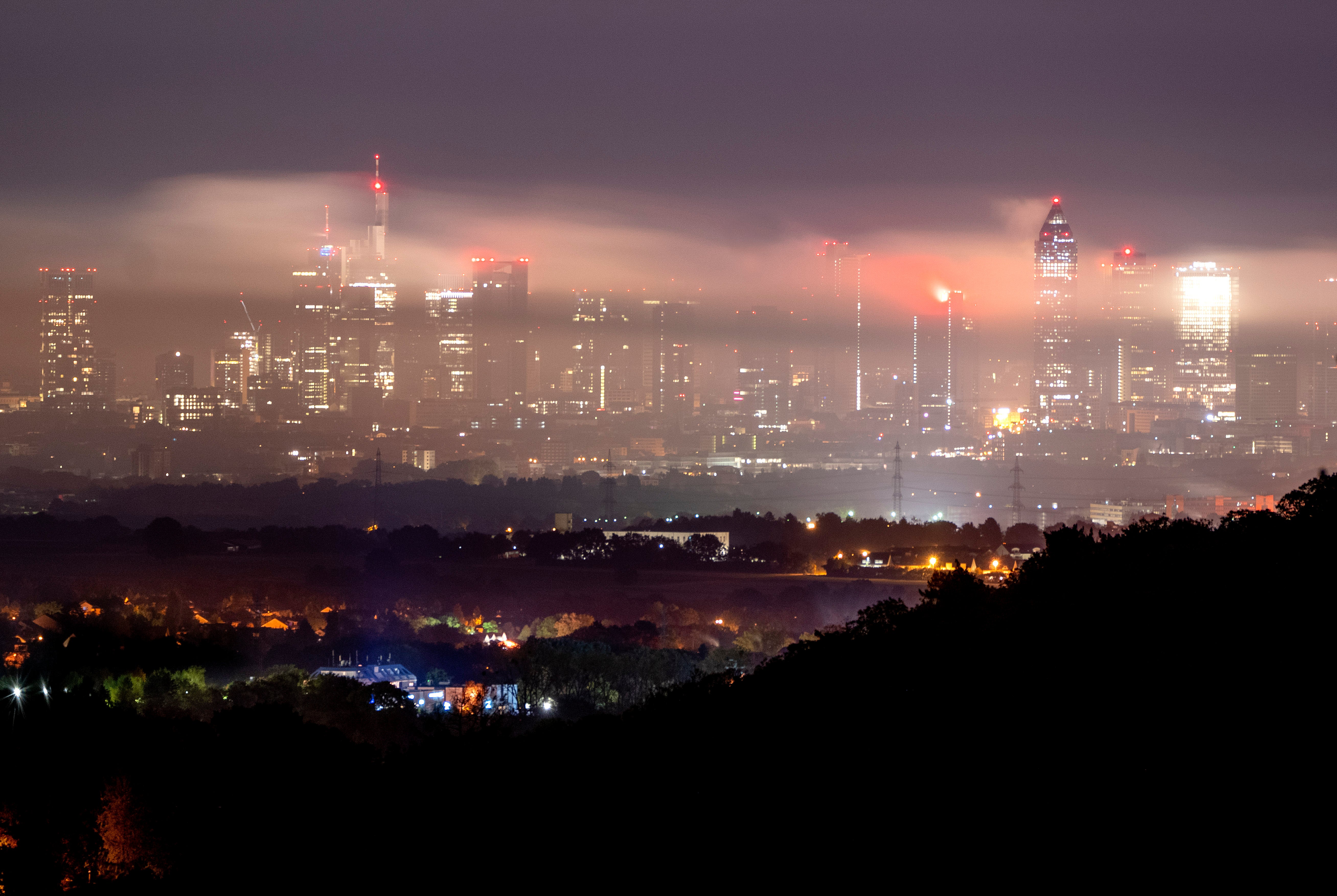Recession clouds gather in Germany, Europe's largest economy
Europe’s largest economy is sending recession signals

Europe's largest economy is sending recession signals.
Germany's key future indicator, the IFO survey of business confidence, pointed down for the fourth month in a row as high inflation fed by astronomical natural gas prices undermines consumer pricing power and imposes heavy costs on businesses.
The index compiled by the Munich-based Ifo institute dropped to 84.3 in September from 88.5 in August, to its lowest level since the global financial crisis more than a decade ago.
“High energy and commodity prices are weighing on demand and putting pressure on profit margins,” said Carsten Brzeski, chief eurozone economist at ING bank. “Companies can no longer pass through higher costs to consumers as easily as in the first months of the year.”
Company order books are shrinking, while businesses that use a lot of energy, such as bakeries, are facing costs that make them question whether they can stay in business.
The news comes as more economists predict a recession for Europe as a whole. Germany was heavily dependent on cheap natural gas from Russia, which has cut back supplies to a small fraction of what they were before the Feb. 24 invasion of Ukraine. Gas is used to keep homes warm, run factories and generate electricity.
European officials say the cutbacks are an attempt to pressure governments out of their strong support for Ukraine and for economic sanctions against Russia.
Officials have lined up new supplies of more expensive liquefied gas that can come by ship from countries including the U.S. rather than by pipeline from Russia. But experts say Europe will still need to make a serious effort ahead of the winter heating season to conserve gas.
German Chancellor Olaf Scholz was in Saudi Arabia, the United Arab Emirates and Qatar over the weekend and signed some energy deals.